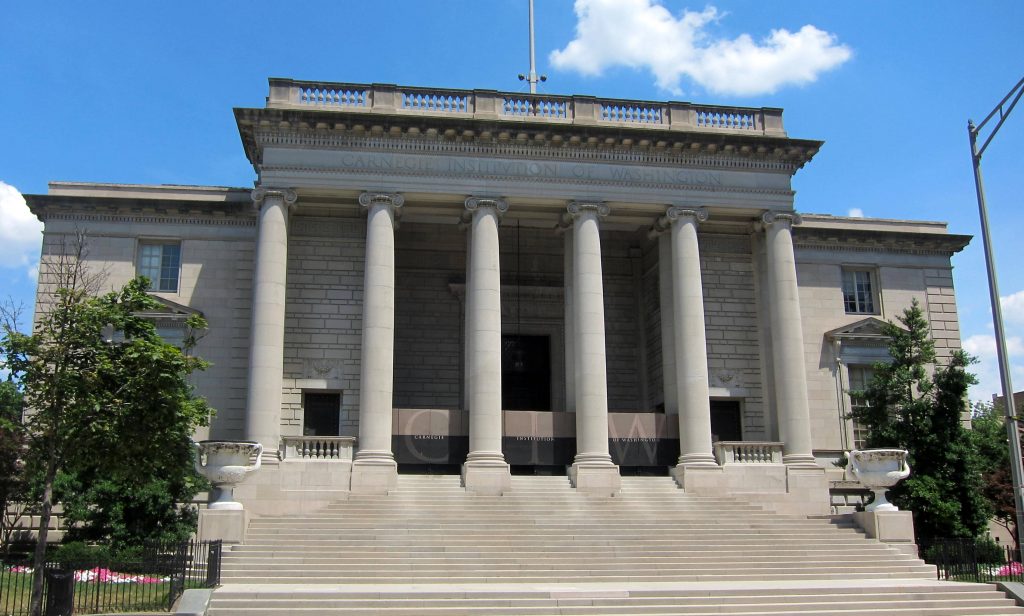Lloyd K. Garrison (1897-1991) was an American attorney.
A liberal lion, Garrison was born into a family with a proud tradition of activism. His great-grandfather, William Lloyd Garrison, was a prominent abolitionist. His grandfather, Wendell Phillips Garrison, served as literary editor of The Nation, a left-wing political magazine. His family’s prestige fueled his quick rise through the ranks of New York attorneys. His academic career was briefly interrupted by the outbreak of World War I, but he eventually graduated from the Harvard University School of Law.
During his professional career, Garrison worked intermittently in the private and public sectors, playing a significant role in the administration of President Franklin D. Roosevelt. Roosevelt was enamored enough with Garrison to consider him for a Supreme Court nomination in 1937. He also served multiple stints as the Dean of the University of Wisconsin Law School during the interwar period. However by the 1950s he worked exclusively for the private firm Paul, Weiss, Rifkin, Wharton, and Garrison.
In 1953, Garrison was named a trustee on the Board of Directors at the Institute for Advanced Study. There he first met and befriended J. Robert Oppenheimer, who at that time was Director of the Institute.
A year later, Oppenheimer was facing an investigation from Lewis Strauss and the Atomic Energy Commission (AEC) and the revocation of his security clearance. Impressed by Garrison’s gentlemanly demeanor at the Institute, Oppenheimer selected him to be his legal representative during the hearing, despite Garrison’s lack of significant trial experience.
The security hearing proved to be a legal farce. The prosecution was spurred on by Strauss, who had access to the FBI’s wiretaps on Oppenheimer and made every effort to skew the hearing against him. Many within the Oppenheimer camp felt that Garrison was too dignified in his approach to the hearing and not willing enough to go to war with the AEC. Kitty Oppenheimer, in particular, was dismayed by Garrison’s ultimately unsuccessful approach.
After losing the Oppenheimer security trial, Garrison remained an active lawyer for the rest of his life. He also continued to represent controversial clients, including the playwright Arthur Miller.





